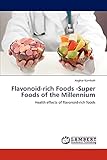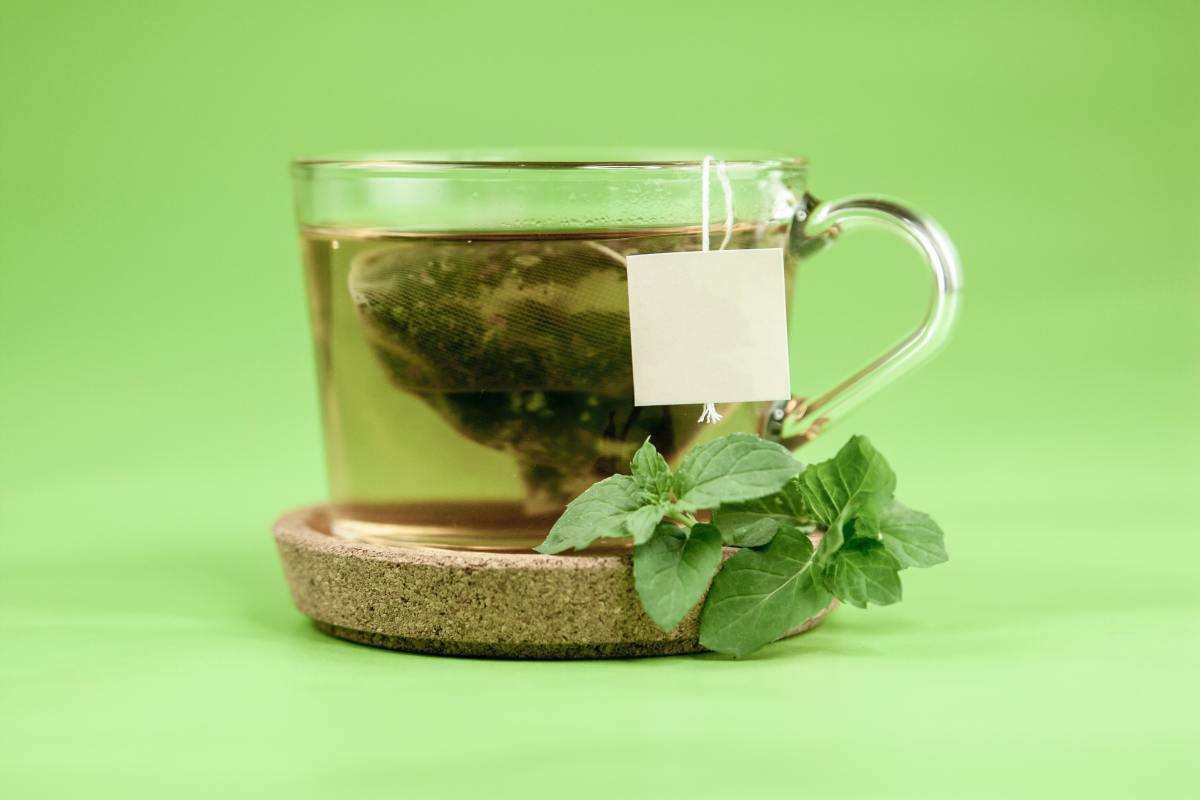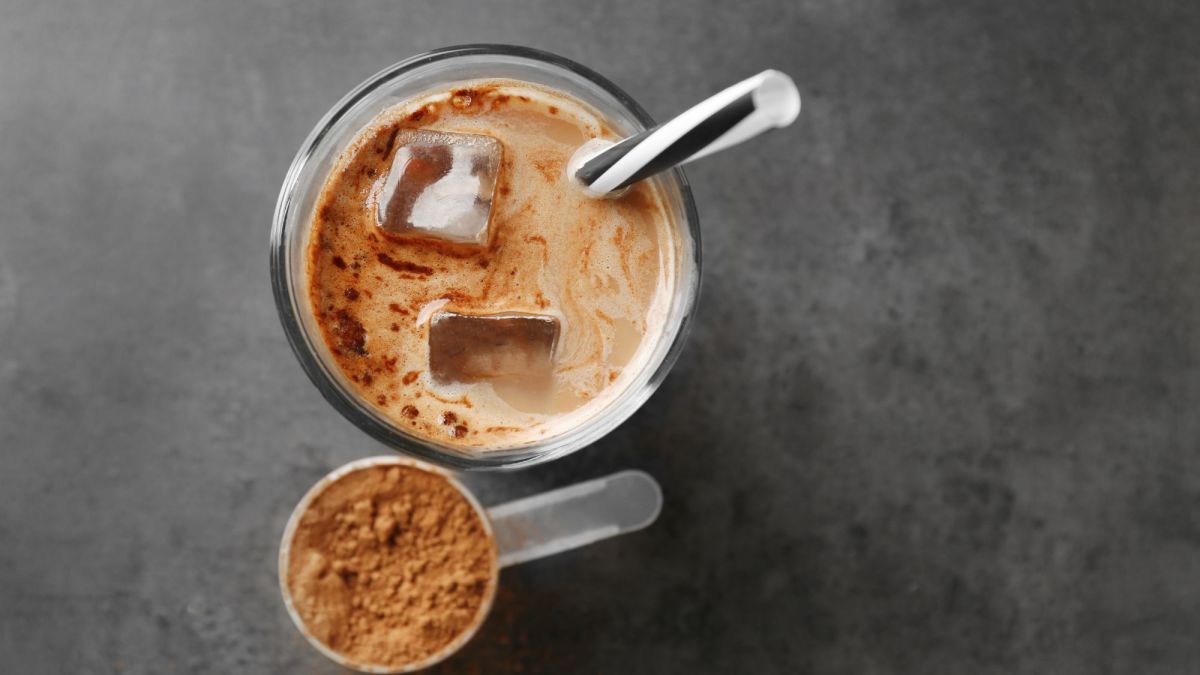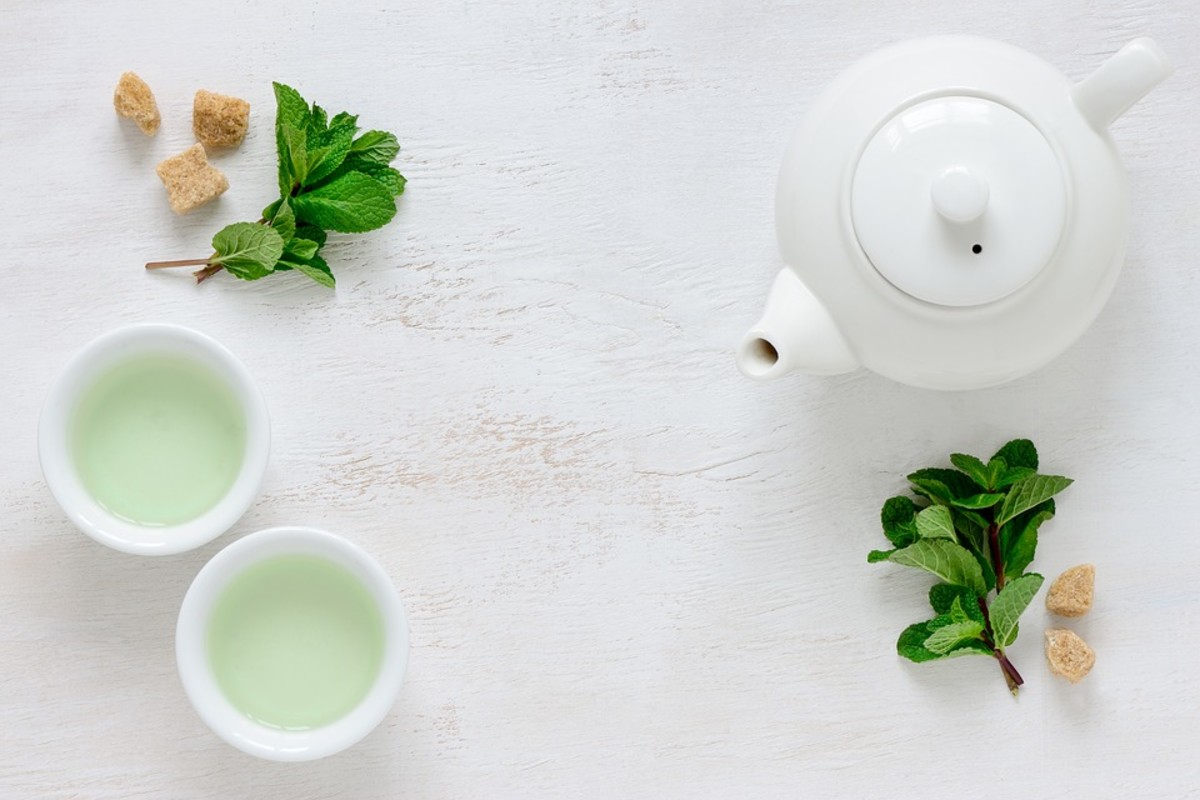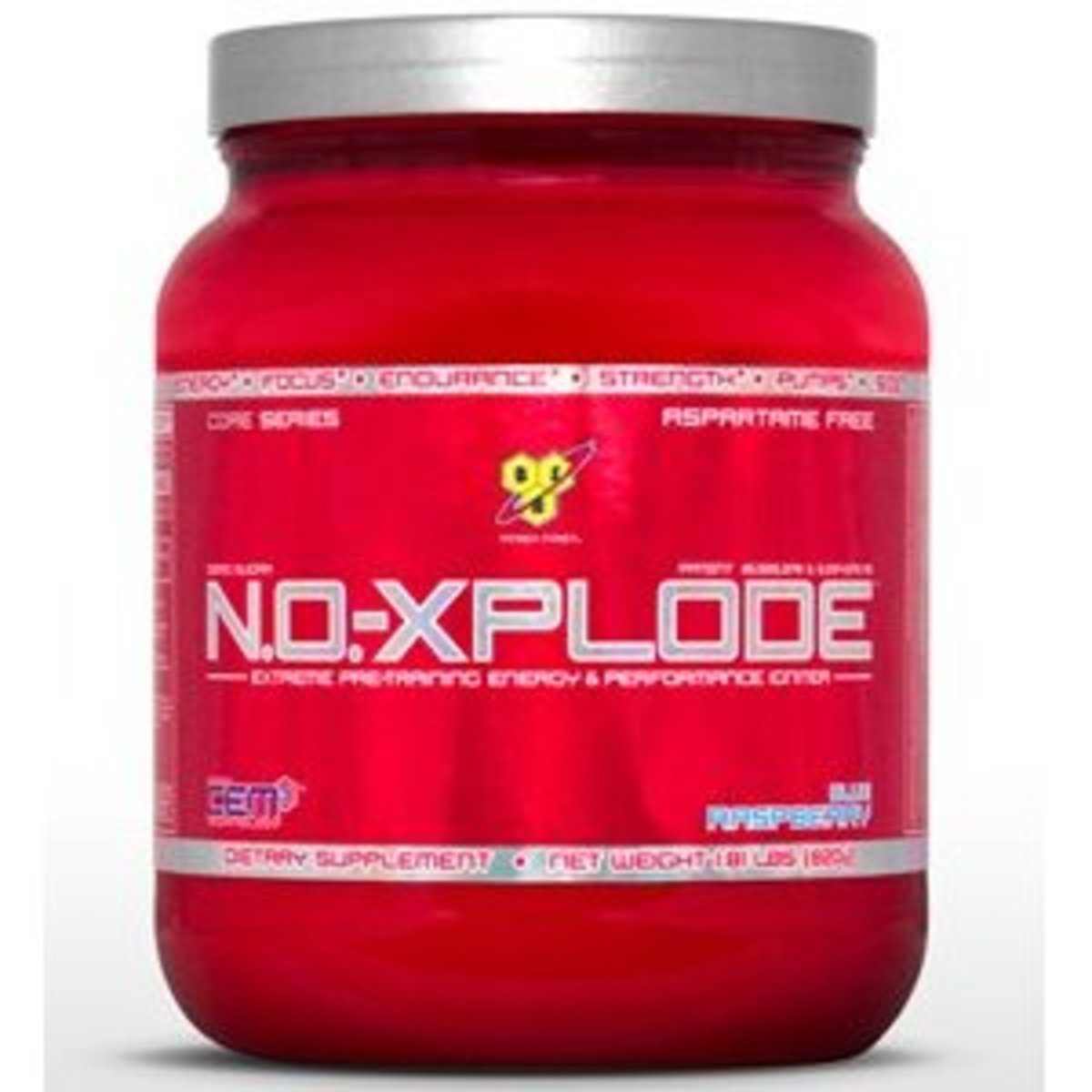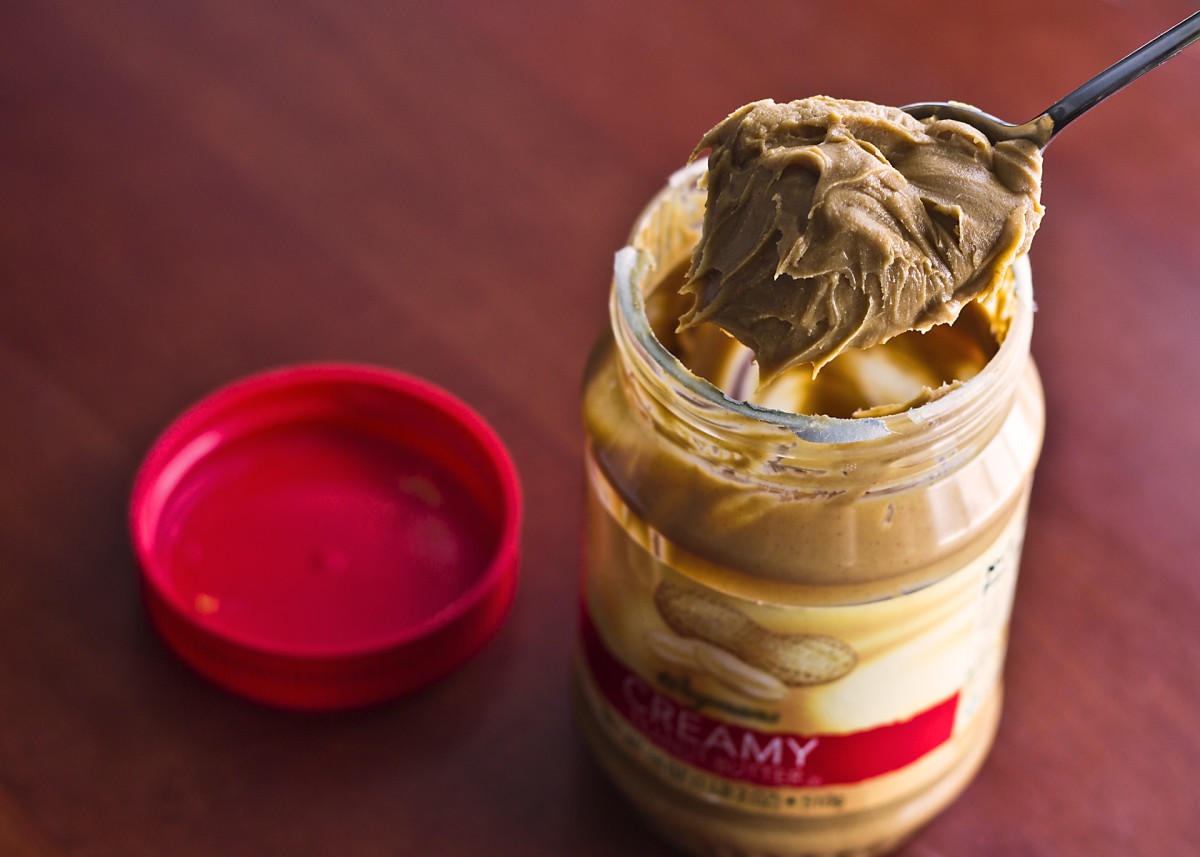Green Tea vs Oolong Tea - Part 5 - Side Effects and Cons
<< Part 4 - Benefits of Oolong Tea <<
Now that we’ve gone over the many benefits of both green tea and oolong tea, we need to take a look at the dark side of things.
Are there any side effects to drinking these teas or taking tea supplements?
You should always know the risks of consuming anything before it touches your lips, so let’s take a look into possible side effects.
Green Tea Side Effects
It’s been found that high dosages of green tea extract, given to cancer patients, can cause side effects like:
- Nausea
- Vomiting
- Abdominal Pain
- Diarrhea
- Agitation
- Restlessness
- Insomnia
- Tremors
- Dizziness
- Confusion
A good amount of the patients in the study felt these symptoms after being given 6 grams (divided into 6 doses) per day, each dose containing 46 mg of caffeine.

They looked into it further, conducted another study and found that these symptoms were related to the caffeine content.
Although another study showed that even decaffeinated green tea extracts,at high doses, give similar but milder side effects.
So, even with green tea, too much of a good thing is bad.
Oolong Tea Side Effects
There have been a couple of cases where excessive drinking of oolong tea (and black tea) has caused hypokalemia in the elderly. Hypokalemia is when your blood levels of potassium are very low, which can be life threatening.
One lady, who had low levels of albumin (a protein) in her blood, because of other complications, was drinking 2 to 3 liters of oolong tea a day!
It’s already known that high quantities of caffeine can cause someone with low levels of albumin in their blood to become hypokalemia. So once again, caffeine is the culprit of the symptoms!
Logic should be kicking in by now; don’t drink a ton of tea every single day!
The only logical next step is to look at what other complications can arise because of caffeine.
Recommended Reading
Caffeine Side Effects
It has been recommended that pregnant women shouldn’t consume over 300 mg of caffeine a day because it’s been linked to causing miscarriages and low birth weight.
Caffeine can also cause problems if you take certain medications.
High doses of caffeine can raise the toxicity of the following medications:
- Albuterol (Alupent)
- Clozapine (Clozaril)
- Ephedrine
- Epinephrine
- Monoamine Oxidase Inhibitors
- Phenylpropanolamine
- Theophylline
It’s also been found that if you quit consuming caffeine “cold turkey”, while taking lithium, you run the risk of lithium toxicity.
Taking other medications can amplify the effects you feel from caffeine, drugs like:
- Cimetidine (Tagamet)
- Disulfiram (Antabuse)
- Estrogens
- Fluoroquinolone Antibiotics (Ciprofloxacin, Enoxacin, Norfloxacin)
- Fluconazole (Diflucan)
- Fluvoxamine (Luvox)
- Mexiletine (Mexitil)
- Riluzol (Rilutek)
- Terbinafine (Lamisil)
- Verapamil (Calan)
So I’d be careful with your green tea or oolong tea consumption if you’re taking any of these medications or are pregnant.
Since caffeine occurs naturally in tea, the next step would be to look at if any other natural components of tea have side effects.
Recommended Reading
Flavonoid Side Effects
Flavonoids are antioxidants that are naturally found in plants. Normally they’re a good thing, but the flavonoids in tea can actually keep your intestines from absorbing iron.
Even one cup of tea, drank during your meal, could reduce your iron absorption by 70%!
So if you want to ensure that you’re absorbing iron efficiently then keep tea time separate from mealtime.
All in all tea, whether it’s green tea or oolong tea, isn’t a horrible thing to consume. You just have to drink it in moderation so that you’re not getting excess levels of caffeine. And you should also drink your tea separate from your meals to ensure that you’re absorbing iron efficiently.
Now that you’ve seen the dangers of consuming too much tea, I think we should go over the proper dosages.


